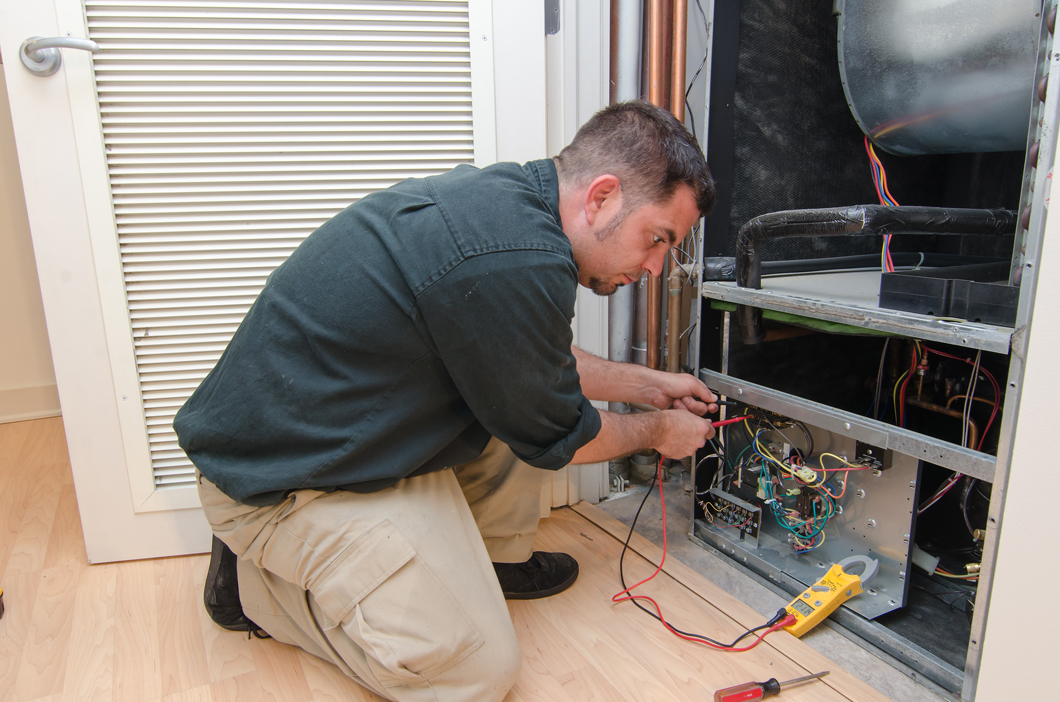
Discover when it's time to change your HEATING AND COOLING system and what to know prior to you purchase.
Whether you reside in a warm or cold environment, it's always an excellent concept to examine out your heating, ventilation and air conditioning (HVAC) system.
However how do you understand if you require a brand-new system-- and what do you need to know prior to purchasing a brand-new HVAC system to make a clever purchase?
When to Replace
You may require to change your system if any of these dead giveaways happen:
- You see a spike or upward trend in your energy bills.
- You're spending for frequent repair work.
- Your home isn't as comfortable as you would like it to be; perhaps it has locations or cold areas, is too dry or too damp, or has big temperature level swings.
- Your boiler, heater or a/c is more than 12 years old.
Follow these general standards to estimate the life-span of your system: Condensers and air handlers generally last 12 to 17 years; boilers usually last 15 to 25 years; and heating systems can last 15 to twenty years.
Contact someone well-informed and trustworthy to assist you comprehend whether you require to replace any part of your system. Most A/C companies provide a no-cost evaluation of your existing system and will discuss choices.
What to Ask
To figure out if you require a brand-new A/C system, address the following concerns:
1) How important is energy effectiveness to you?
There are a great deal of measurements for effectiveness, and each system has its own kind of measurement. It's constantly a sure thing to pick an ENERGY STAR-certified system.
2) What's the roi?
There's usually a seven-to-15-year repayment period for a brand-new condenser, air handler, boiler or heater. Having these new products will help increase your house's resale worth.
3) What size system do I need?
Size is identified with a load calculation. For instance, the boiler computation is based upon the number and size of radiators and baseboards. Air conditioning, heat pump and heating system loads are based mostly on cubic footage, but there are other factors, including the instructions your house deals with, insulation, and the size, type and number of windows you have. Needless to say, it gets complicated. A/C professionals have software that can carry out the calculation for you.
4) Exist other costs associated with setup?
There might be added expenses, if, for instance, somebody requires to update their electrical panel to accommodate the AC system. Think about if you desire a humidifier or air cleanser-- a great idea if someone in the house has allergic reactions, asthma, dry skin or bloody noses.
5) What system is best for me?
This answer depends upon your spending plan and the comfort you want. A higher-end system will be more effective, provide you more of even temperatures throughout your home and have less humidity swings, cheap hvac service Kenyon says.
You may likewise consider your roi. If you're going to remain in your home for 20 years, you might wish to spend more for a higher-end system.